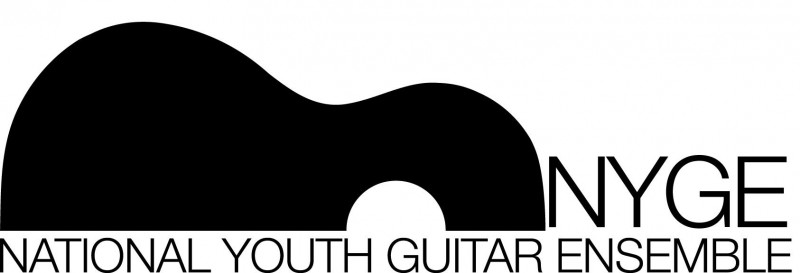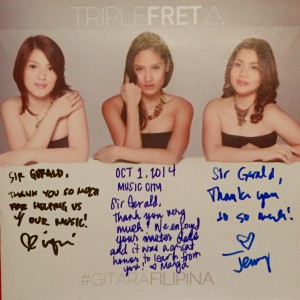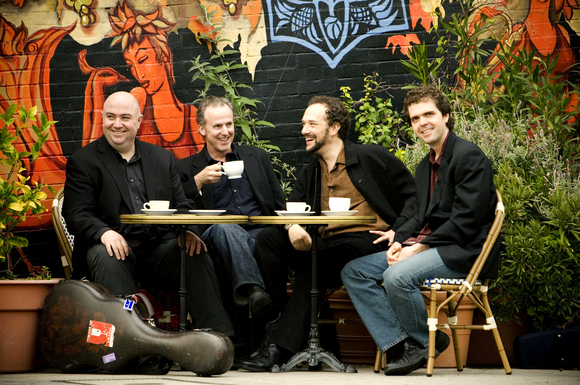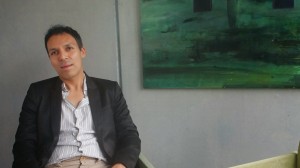
The National Youth Guitar Ensemble is currently looking for young talented guitarists who have a passion for performing and interacting with like-minded musicians to audition for the ensemble’s 2015 courses.
If you know of a gifted guitarist aged 13-18 years old, that is of at least grade 6 standard then NYGE would love to hear from them.
Details below
Link to the audition flyer :
Excerpts from last summer’s concert
From the Steppes of Central Asia – Borodin arr.Crawford
Variations on a theme of Tchaikovsky are.Gordon
Auditions are taking place in January at the following venues:
2015 AUDITION DATES & VENUES:
11th Jan: London – Royal Academy of Music
24th Jan: Manchester – Chetham’s School of Music
31st Jan: Birmingham – Edgbaston High School for Girls
The National Youth Guitar Ensemble offers the highest standard of ensemble training in the UK to young aspiring guitarists. Directed by guitarist/composer Gerald Garcia, the NYGE is currently made up of twenty four of the UK’s finest young guitarists.
Successful candidates are invited to attend two residential courses per year. Bursaries are available to students in financial difficulty.
Applicants need to be 13 – 18 years old on the 1st September 2015 and the equivalent standard of grade six or above.
APPLICATION DEADLINE: 5th December 2014
For late applications please email the Co-ordinator for availability.
Successful applicants are invited to attend two residential courses at Easter and in the summer led by Musical Director Gerald Garcia. The VIDA Guitar Quartet performed with NYGE for the 2014 concert season. Other past artists and conductors with NYGE include Leo Brouwer, Gary Ryan, Chris Susans, Carl Herring, Belinda Evans and Keith Fairbairn.
Bursaries for the courses are offered in cases of need.
Applicants can apply for an audition online here





 When I was at the
When I was at the